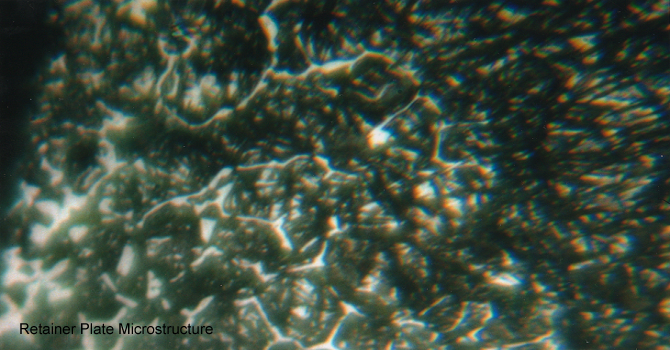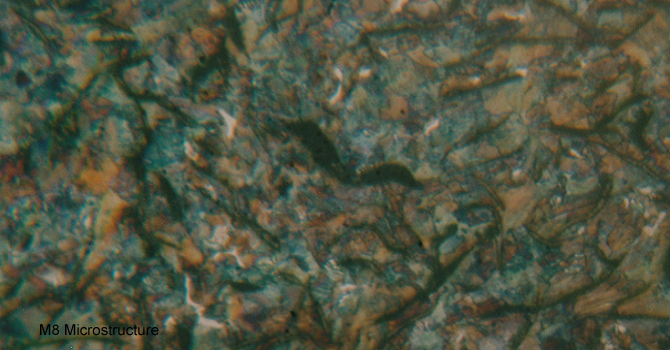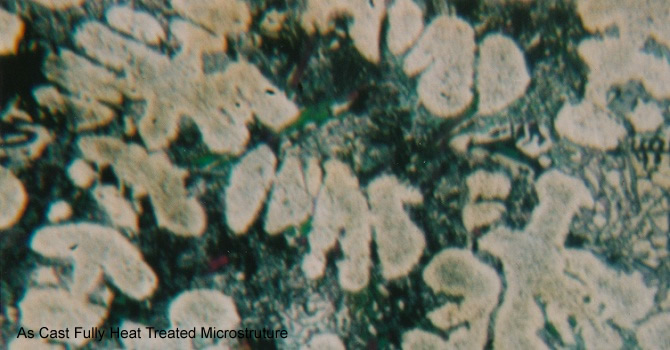
Metallurgical Analysis / Microscopic Examination
Metallurgy can be defined as the study of physical and chemical behaviour of metals and alloys. Study of microstructure and its correlation with the properties of materials and their behaviour in the service condition is an important aspect of metallurgy.
Typical Metallurgical Failure Mechanisms
- Ductile Failure
- Brittle Failure
- Fatigue Failures
- Creep and Stress Rupture
- Stress Corrosion Cracking
- Hydrogen Embrittlement
- Corrosion failures
At FAN, we have strong realization that you as our clients don’t just need instrument generated results but rather need results correlating your situation forming a comprehensive solution at affordable cost. It is for this reason that we at FAN keep a strong rapport with our clients to ensure that we deliver what is needed by your. In doing so our team of engineers and scientist would go an extra mile and will also closely work with you to provide you excellent services rapidly in a cost effective ways.
At FAN, our teams from different departments work closely with each other. They combine their chemical, mechanical and metallurgical expertise coupled with their broad industrial interdisciplinary knowledge to solve your materials problems and deliver rapid, accurate and cost effective solutions to you.
Our lab perform tests in accordance with a number of national and international specifications including the American Society for Testing and Materials (ASTM), the American Society of Mechanical Engineers (ASME), British Standards (BS), German Standards (DIN) and Bureau of Indian Standards (BIS). We also perform client tailored test to suit and correlate our clients’ materials service and application conditions.
We are equipped with a variety of metallurgical testing facilities and can provide testing needed from routine analysis on raw material, semi-processed and finishde products/parts to comprehensive failure analysis and investigations.
Clients from every end of the manufacturing/engineering sectors including the aerospace, defence, automotive, manufacturing and medical device industries rely on us to certify products and provide testing solutions.
We look forward to providing you with a high degree of quality, quick turnaround time and cost effective solutions and excellent customer service.





